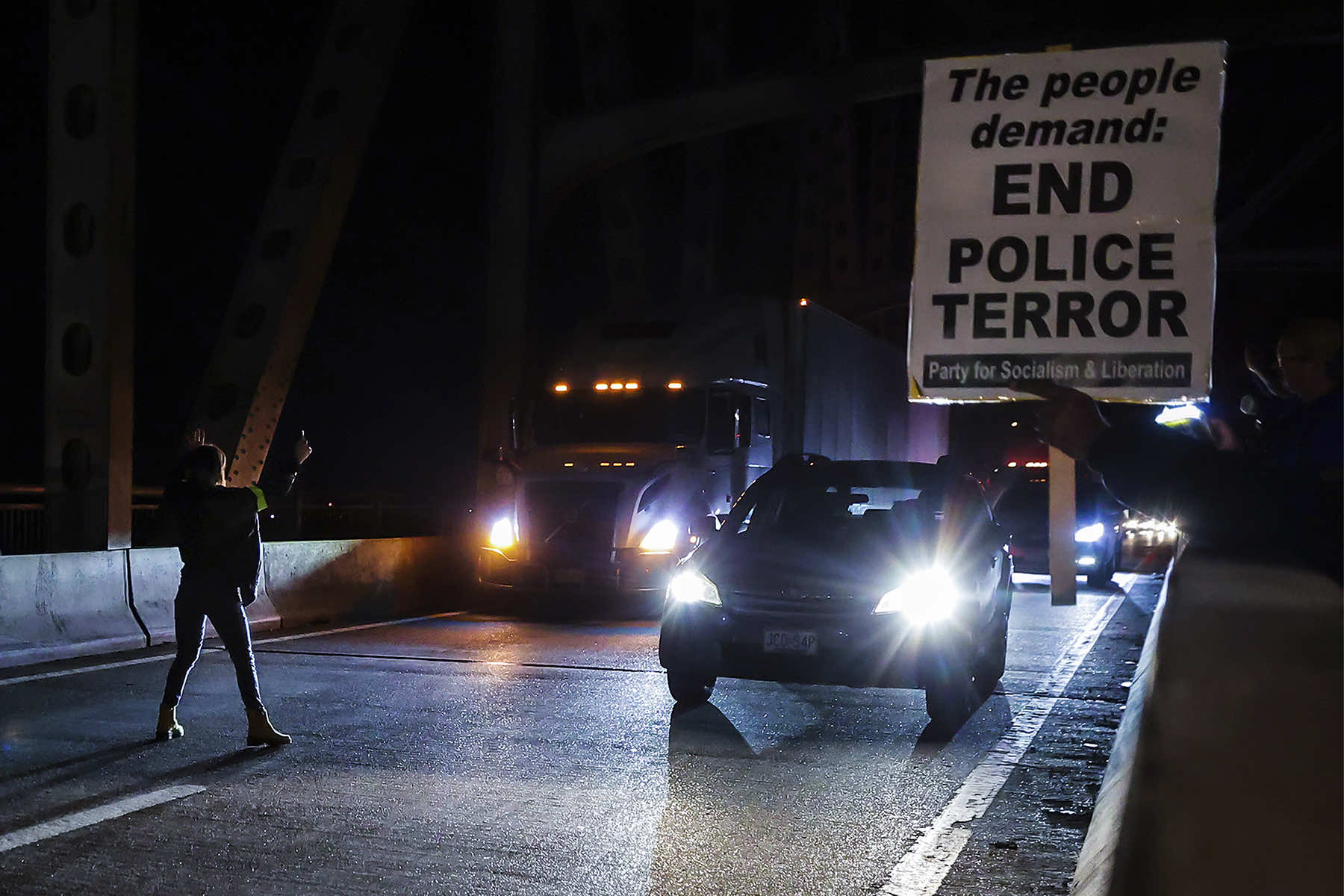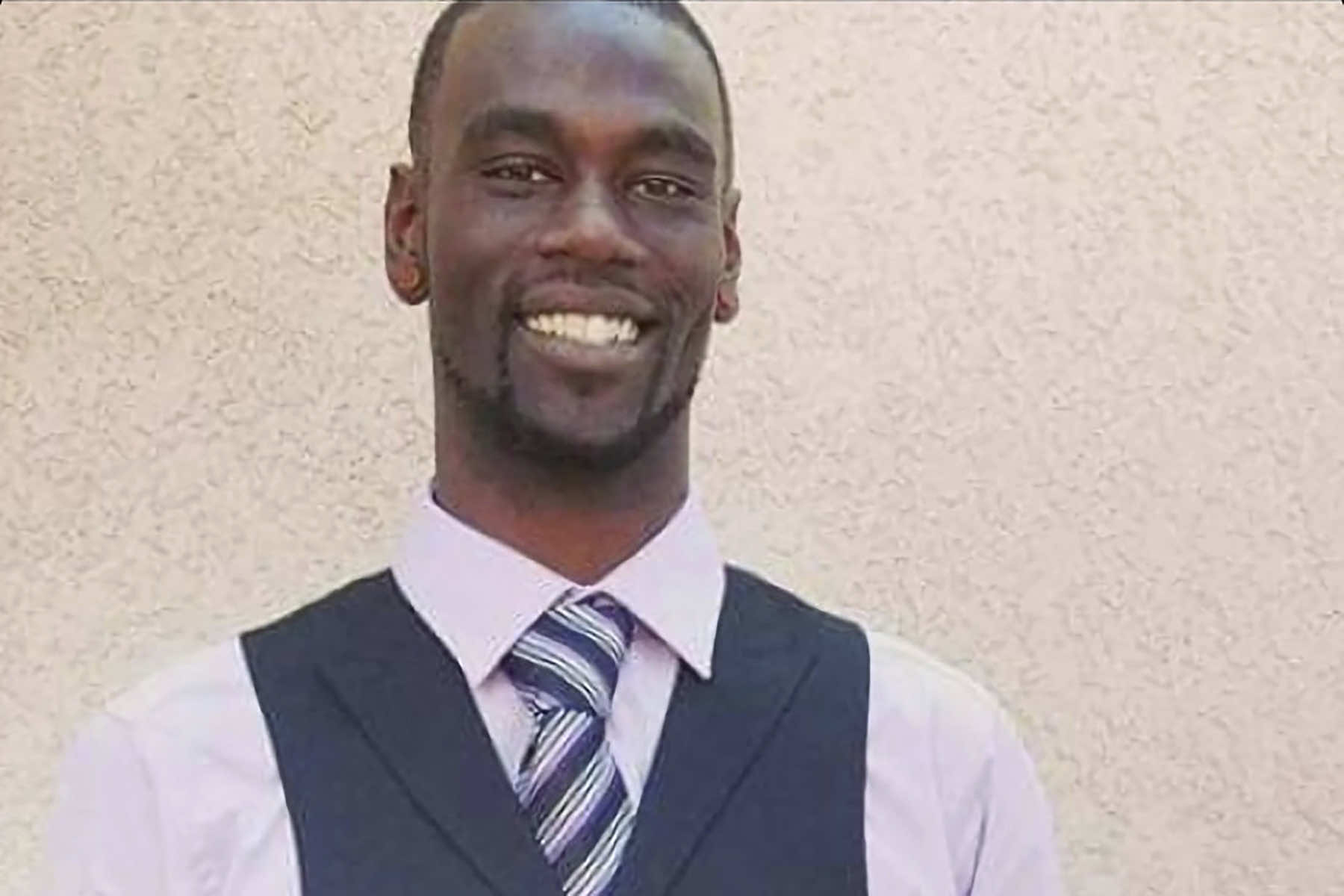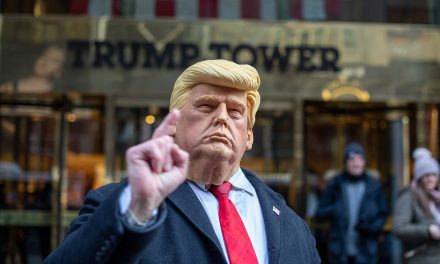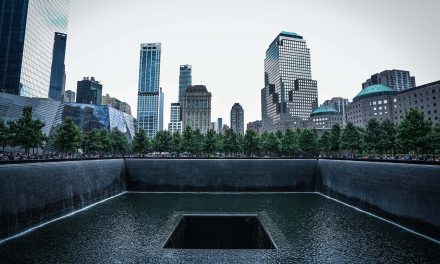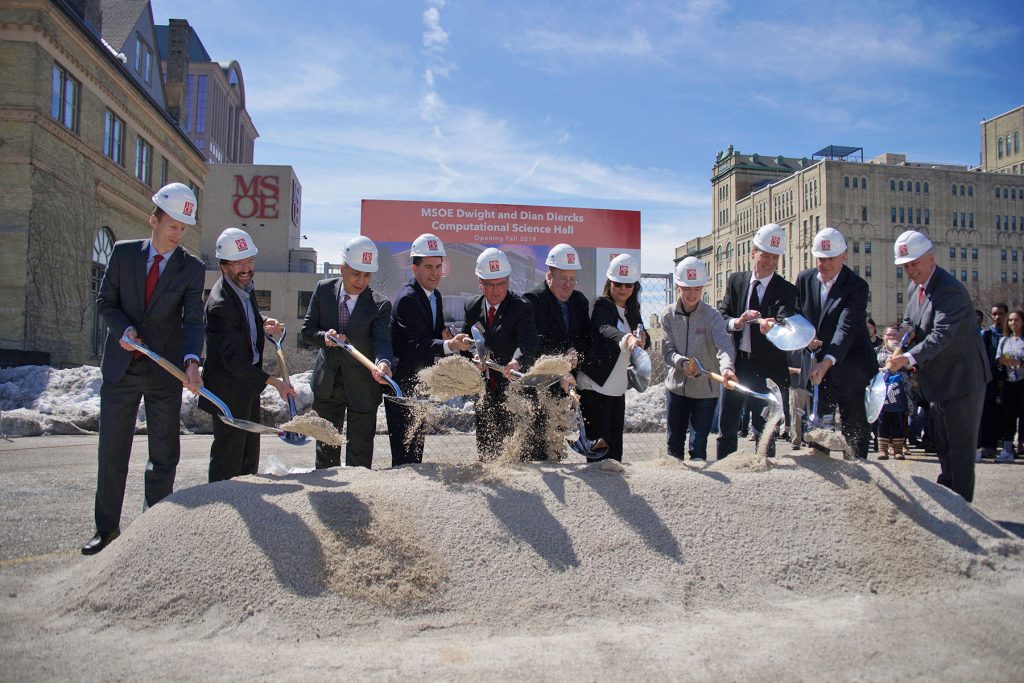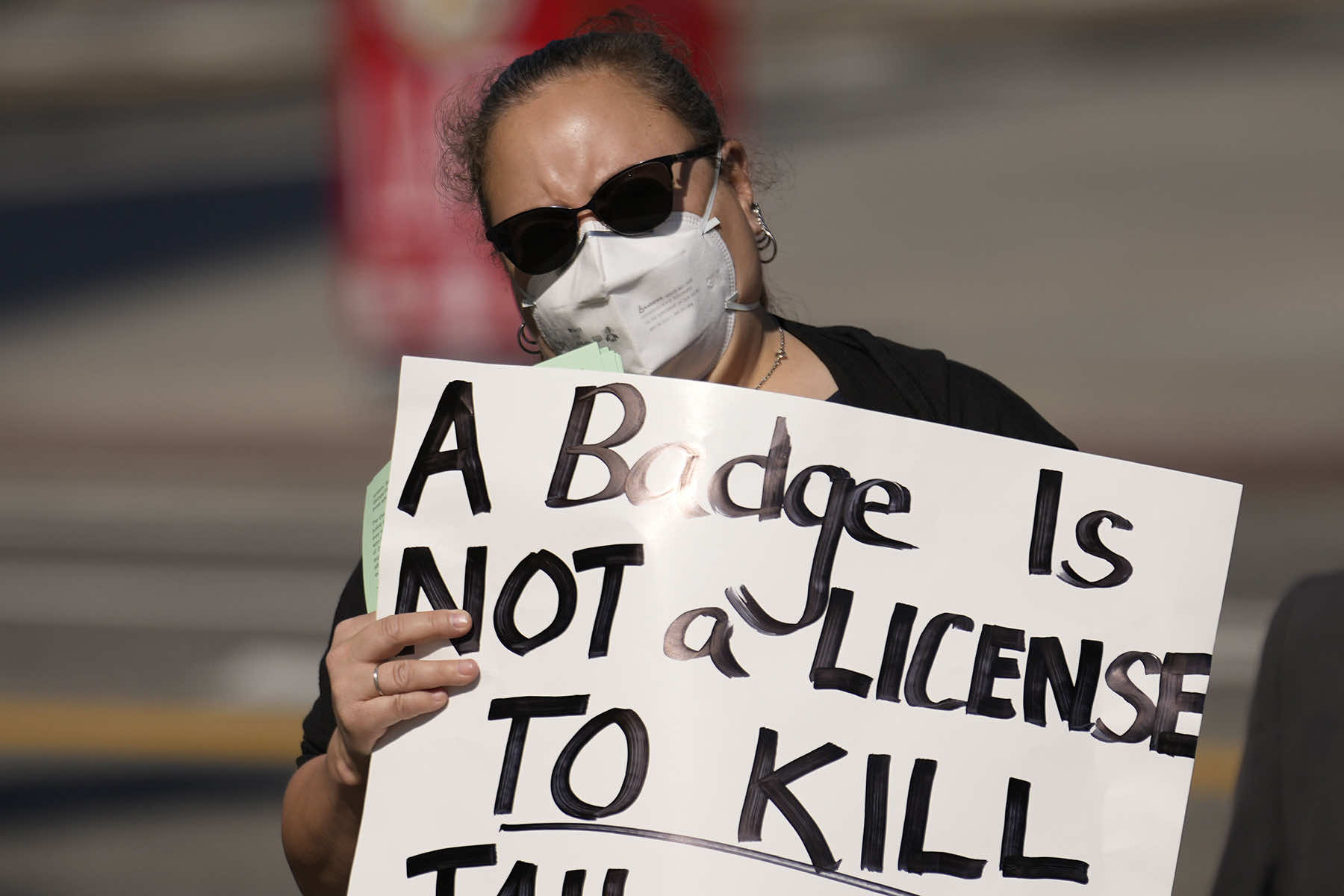
As the horror of the police murder of Tyre Nichols washes across our TV screens, we are reminded again of a crisis that is unique to America among developed nations. Police violence.
As Nichols’ stepfather, Rodney Wells, told CNN:
“When I saw the police officer, you know, they have this little like stick, this metal thing that they pull out. I saw them pull that out and started beating my son with it. And I saw officers hitting on him, I saw officers kicking him. One officer kicked him like he was kicking a football a couple of times.
“But the most telling thing about the video to me was the fact that it was maybe ten officers on the scene and nobody tried to stop it or even after they beat him and they propped him up against the car, no one rendered aid to him whatsoever. They walked around, smoking cigarettes like it was all calm and like, you know, bragging about what happened.
“He was sitting there, and then he slumped over and an officer walked over to him and said, sit back up! mother — MF you know, while he’s handcuffed. So he had to — they prop him back up, and he slumped over again, and they prop him back up again, but no one was rendering aid. I saw some fire department people come out there and they just walked around and nobody showed him any aid, and they’re supposed to be trained in first aid.”
You and I are 30 times more likely to be killed by police than are citizens of Germany or Great Britain. In 2018, for example, police killed over 1000 people in America. In Germany cops killed 11; in Australia 8; in Sweden 6; in the UK it was 3 people; and cops killed only 1 person in New Zealand.
The reasons for this disparity are deeply systemic.
At the top of the list is the fact that the United States is the only developed country in the world lacking national standards for hiring, training, supervising, and disciplining police across the 18,000 departments in the country.
While it takes years to become an officer on the street in most developed countries, the average cop in America spends about as much time training as does a barber. Many small police agencies require little to no training.
As a simple employer in Oregon, I’m subject to federal oversight regarding minimum wages, workplace safety standards, and rules around non-discrimination. The radio stations that carry my program must answer to the FCC. Most other professions are regulated, particularly those where lives are at stake. Physicians, for example, are subject to federal HIPPA standards, among other regulations.
Not so much for police. In part, this is because the Constitution doesn’t mention policing and the 10th Amendment implicitly hands that power to the states.
This shouldn’t be a barrier to reform, though: the Constitution doesn’t mention speed limits either, but the federal government regulates them across the nation by withholding highway money from states that don’t comply. A similar solution could apply to national standards for policing.
Another problem comes from the U.S. being the only developed country in the world that allows policing-for-profit, a system where police departments are funded in part by the revenue generated by moving violations and other fineable petty crimes. (Canada does have some limited cases of this.)
This system incentivizes police to make traffic stops for minor offenses and those stops, in turn, often turn deadly because of our lack of the standards mentioned above.
And then there’s the militarization of our police.
In 1990, during the GHW Bush administration, Congress, lobbied by defense contractors, rolled out an initiative based on Section 1208 of the National Defense Authorization Act that made “surplus” military equipment — from high-powered sniper rifles to armored personnel carriers — available to local police departments. In 1996 it was replaced by Section 1033 which expanded the program.
This has so heavily contributed to the militarization of our police that departments that are heavy recipients of such equipment are measurably more likely to kill their citizens than departments that aren’t.
In 2017, Congressman John Ratcliff introduced legislation to end the program, provoking a group of researchers to do a deep dive into the consequences of departments participating in it. They concluded:
“[R]eceiving no military equipment corresponds with 0.287 expected civilian killings in a given county for a given year, whereas receiving the maximum amount corresponds with 0.656 killings. In other words, moving from the minimum to the maximum expenditure values, on average, increases civilian deaths by roughly 129%.”
As Arizona Congressman Ruben Gallego noted, the 1033 Program is:
“[O]ne of the most absurd programs in the United States government. Community police officers are not soldiers.”
Finally, the U.S. is the only country in the world where a corrupt Supreme Court has unconstitutionally invented out of whole cloth a doctrine of “qualified immunity” which has, on numerous occasions, protected bad cops.
When Congress tried to fix this with the George Floyd Justice in Policing Act, which passed the House of Representatives in 2021, police unions mobilized in opposition to its provision dialing back qualified immunity and the legislation died in the Senate.
Other developed countries figured this out decades ago.
When Louise and I lived in Germany back in the 1980s, we had a couple of encounters with the German police: each time they were super-professional and courteous. This surprised me at the time, but now that I know that it takes almost 3 years of training to become a police officer in Germany, and the pay and benefits make for a high-status lifetime career, respected by the community, it makes sense.
In America, however, police behavior is scattershot: in some parts of the country police culture is very professional; in others it’s just plain militaristic.
I know this from personal experience: at the risk of sounding like Herschel Walker or George Santos, I’m a graduate of the Georgia Police Academy, and had a badge and license as a private detective.
Back in 1996, the Olympics were coming to Atlanta and the city needed more security for the Olympics than was available from local police departments.
At the time, I was writing a novel about a private detective and shadowing an Atlanta PI, a now-longtime friend named DeWitt Wannamaker, who had held a variety of jobs in law enforcement from being a small town police chief to running his own private detective agency. He was my policing mentor.
The Georgia Police Academy had opened their doors to civilians that year with an “executive protection” training course for people who’d work for Olympic athletes and visiting VIPs, and DeWitt got me into the course. I ended up not only completing the course but getting licensed for two years as a private detective in the state of Georgia.
Many of the guys going through the Academy were small-town cops who’d never had any professional training at all, and I discovered there are a lot of really good, dedicated, and smart people who aspire to work in law enforcement. Most of the top-notch people were working to join the State Police.
I also discovered that there was no shortage of yahoos who were just really, really excited about the chance to get a gun and a billy club and have the legal authority to kick the crap out of people.
I encountered one of those guys in the “hand to hand” part of the Academy’s course (Stanley was his name, and he was from a small town in south Georgia) and still remember the bruises he gave me and the way he laughed as he meted out the punishment.
We are not without solutions to America’s crisis of police violence.
- Congress should pass legislation to create national standards for policing to regulate local and state police departments so violence-prone and violence-craving individuals like Stanley don’t end up as cops.
- It should establish minimum standards for police training and certification, limit police unions to negotiating pay and benefits rather than protecting bad cops, and end the militarization of our departments through the 1033 Program.
- It should incentivize community policing and non-police alternatives to deal with mental health crises and the like. And define specific limits and responsibilities for police unions.
- Congress should also demand full funding of police departments to end for-profit policing. Traffic cameras are increasingly ubiquitous and inexpensive: across Europe and in some American cities they catch routine traffic violations and generate revenue without the need for police stops. People receive the ticket in the mail.
- Given the dimensions of this crisis, Congress could also consider creating a Cabinet-level agency answerable to the president to deal with public safety.
We have seen enough citizens murdered by American police: it’s well past time for genuine reform.
Marcio Jose Sanchez (AP), Patrick Lantrip (AP), and Nichols Family
© Thom Hartmann, used with permission. Originally published on The Hartmann Report as We’ve Seen Too Many People Murdered By American Police: It’s Way Past Time for Genuine Reform
Subscribe to The Hartmann Report directly and read the latest views about U.S politics and other fascinating subjects seven days a week.

